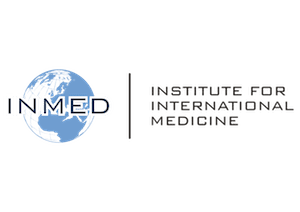Overview
Tanzania is home to the tallest mountain in Africa, Mount Kilimanjaro. Located on its breath-taking foothills is the Kilimanjaro Medical Center – a full-service institution providing surgical, medical, obstetric, pediatric and outpatient services to are region of 11 million Africans. The medical center is also a leader in education, with medical, nursing, physical therapy, occupational therapy, and pharmacy schools.
Students from many countries study under guidance of Tanzanian and international healthcare professionals, accompanied by volunteers and full-time staff. The staff is exceptionally involved in training and in research activities. The medical center also has active public health and HIV interventions. Teaching and medical records are in English, but the majority of patients speak Swahili. Interpreter services are readily available.
